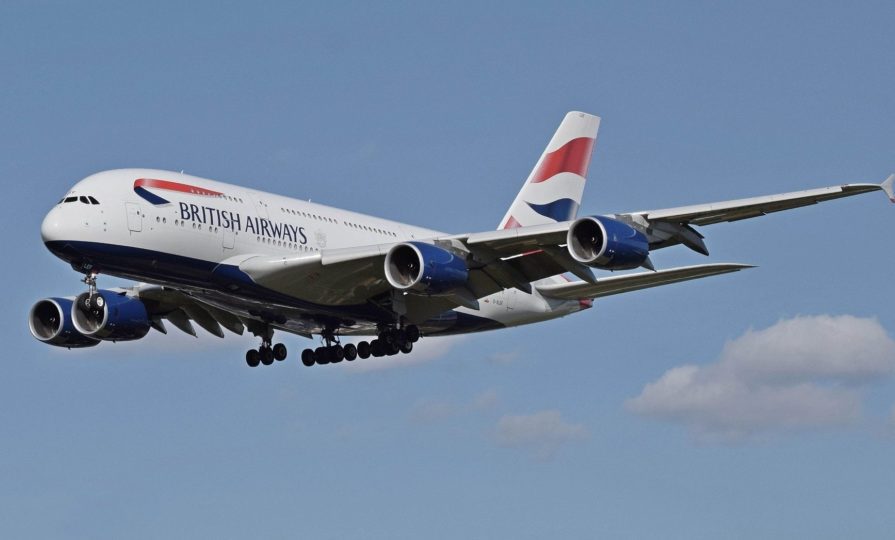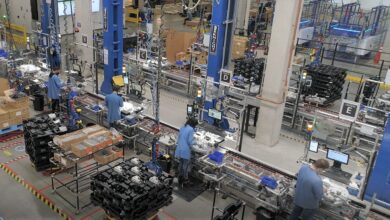The aviation industry is now in very serious trouble

In a sign of just how distressed the aviation industry is, British Airways has announced plans to lay off 30% of its workforce, or about 12,000 employees, and says it expects it to take several years before passenger volumes return to 2019 levels. The chief executive, Alex Cruz, wrote to all BA employees saying he had no choice but to “take action now” to save the business.






